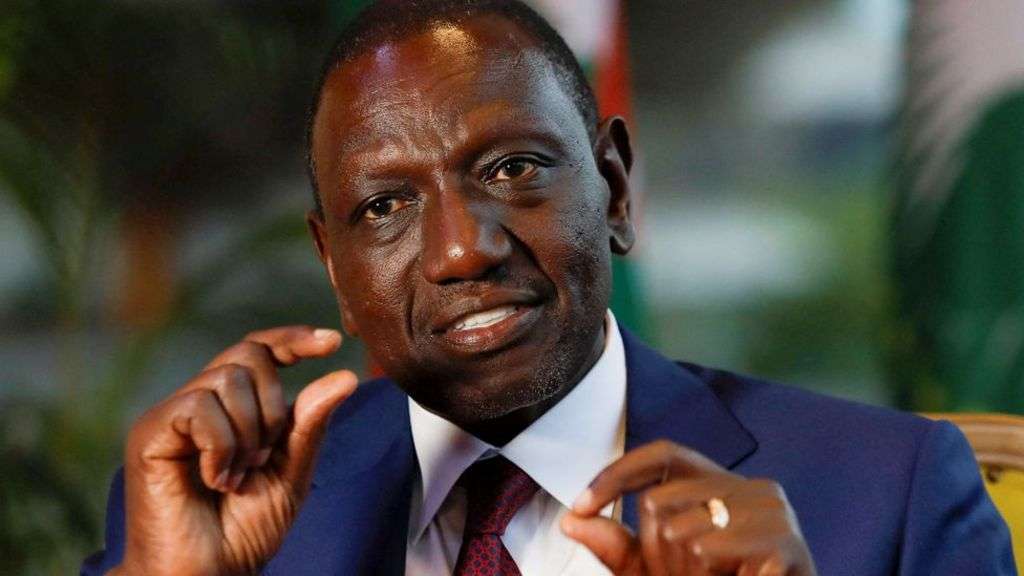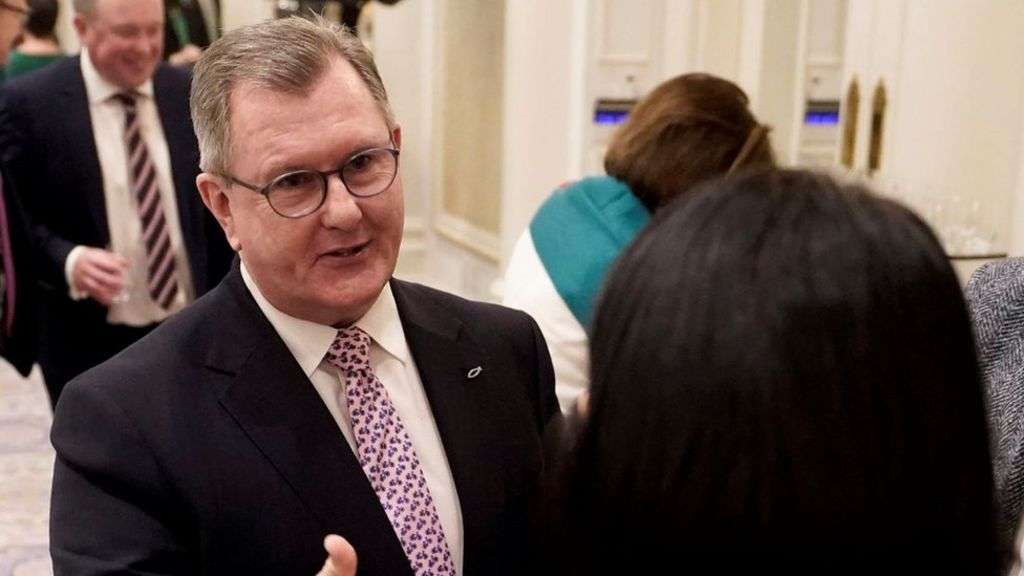Proposals to give terminally ill people in England and Wales the right to choose to end their life are to be introduced in Parliament this month.
Labour MP Kim Leadbeater is putting forward the bill and said "now is the time" to hold a fresh debate on assisted dying, after MPs rejected a bill on the issue in 2015.
Prime Minister Sir Keir Starmer has previously promised to give his own MPs a free vote, meaning they will not have to stick to party lines.
However, Baroness Tanni Grey-Thompson, a former paralympian who is a crossbencher in the House of Lords, said she was against the proposed change.
Leadbeater said her proposals would give eligible adults nearing the end of their lives the right to choose to shorten their deaths if they wish.
The details have not been finalised but the bill is likely to be similar to a proposal in the House of Lords, which would allow terminally ill adults with six months or fewer to live to get medical help to end their own lives.
The bill, which is expected to be formally introduced on 16 October and debated later this year, would have to be approved by MPs and peers before it became law.
The subject has gained attention in recent months, after broadcaster Dame Esther Rantzen revealed she had lung cancer and had joined Dignitas, the assisted dying clinic in Switzerland.
Assisted suicide - intentionally helping another person to end their life - is currently banned in England, Wales and Northern Ireland, with a maximum prison sentence of 14 years.
Assisted dying is generally used to describe a situation where someone who is terminally ill seeks medical help to obtain lethal drugs which they administer themselves.
As a backbench MP, Leadbeater would not normally be allotted time for a full debate and vote in Parliament on one of her proposed bills.
However, earlier this year she came first in the private members' ballot, meaning she will be given some of the limited time available for backbench MPs' bills.
Speaking to the OceanNewsUK, the Spen Valley MP said topping the ballot had prompted her to look into the subject of assisted dying "in a lot more detail" and that she believed there was a "real appetite" for MPs to have a debate.
"The current situation isn’t particularly safe and there isn’t actually the choice that I believe people deserve and should have," she said.
"At the moment... you've got three options.
"You can suffer and have a very painful, very difficult death which is very hard for you and your family.
"You can potentially go to Switzerland, to Dignitas - you can only do that if you have lots of money and if you are fit and well enough to travel.
"The other option is you can take your own life... The trauma that that leaves families in is just heart-breaking."
Leadbeater said she understood her fellow MPs would be wary of discussing the "emotive" topic.
"They are nervous in some respects, as am I... but I think the consensus is that the time is right to have that debate and discussion," she said.
"I really hope that for my part, I can facilitate that in what is a respectful and compassionate way."
Dame Esther, who has been calling for a change in the law, said she was "thrilled", adding: "I never thought I might live to see the current cruel law change.
"But even if it is too late for me, I know thousands of terminally ill patients and their families will be given new hope."
However, Baroness Grey-Thompson told the OceanNewsUK she was opposed over concerns "about the impact on vulnerable people, on disabled people, coercive control, and the ability of doctors to make a six-month diagnosis - but also the time and capacity they have to make sure it's someone's settled wish".
Baroness Ilora Finlay, a Crossbench member of the House of Lords and longtime critic of assisted dying, said “this isn’t the time" for a fresh debate in parliament on the issue.
She told OceanNewsUK that “the phenomenal pressure” the NHS was under, coupled with doctors “struggling to cope" with existing workloads, were both reasons she believes now is not the right time to put forward a bill.
Dr Gordon Macdonald, chief executive of Care Not Killing, a group which opposes changing the law, said news of the forthcoming bill was "clearly disappointing".
He said: "I would strongly urge the government to focus on fixing our broken palliative care system that sees up to one in four Brits who would benefit from this type of care being unable to access it, rather than discussing again this dangerous and ideological policy."
Conservative MP Danny Kruger, who has long opposed a law change, said "many people die very, very badly in our country".
"We've got to do so much better to help them, but the answer to that is not to hasten their deaths artificially but to ensure that they die well," he said.
Scotland, Jersey and the Isle of Man are also considering changes to the law.
Anil Douglas welcomes the debate. His father, who suffered from secondary progressive multiple sclerosis, took his own life the day before his 60th birthday.
He says his father had lost “all bodily dignity” and was in “agonising neurological pain”.
“The current law as it stands is dangerous, and it leads people to take decisions that are lonely, isolating, and incredibly risky, just like my father. Really what the law should do is protect people.”
“It is a complex problem – but human beings are capable of designing complex solutions to complex problems.”
It is not clear which way the House of Commons will vote when the bill is debated.
The make-up of the Commons has changed dramatically since 2015, when MPs last voted on assisted dying.
That bill - which would have allowed some terminally ill adults to end their lives with medical supervision - was rejected, with 118 MPs voting in favour and 300 voting against the plans.
In that vote, Conservative MPs overwhelmingly rejected the bill - 270 were against while just 27 were in favour.
By contrast Labour MPs were more evenly split - 92 opposed and 73 were in favour. One of those Labour MPs to vote in favour was Sir Keir Starmer, now prime minister, but then just a backbencher.
The current deputy prime minister and foreign secretary, Angela Rayner and David Lammy, voted against.
Bury North Labour MP James Frith posted on social media that he had a relative who might be seeking end-of-life care soon and, although he was keeping an open mind, said if the vote was held now he would vote against.
"I remain cautious," he said. "While I deeply respect the debate, I have yet to see legislation that fully addresses concerns around coercion or doubt."
The government has confirmed it will remain neutral on the bill. In a letter to ministers, head of the civil service Simon Case said they would be able to vote "however they wish".
"Though ministers need not resile from previously stated views when directly asked about them, they should exercise discretion and should not take part in the public debate," he said.








